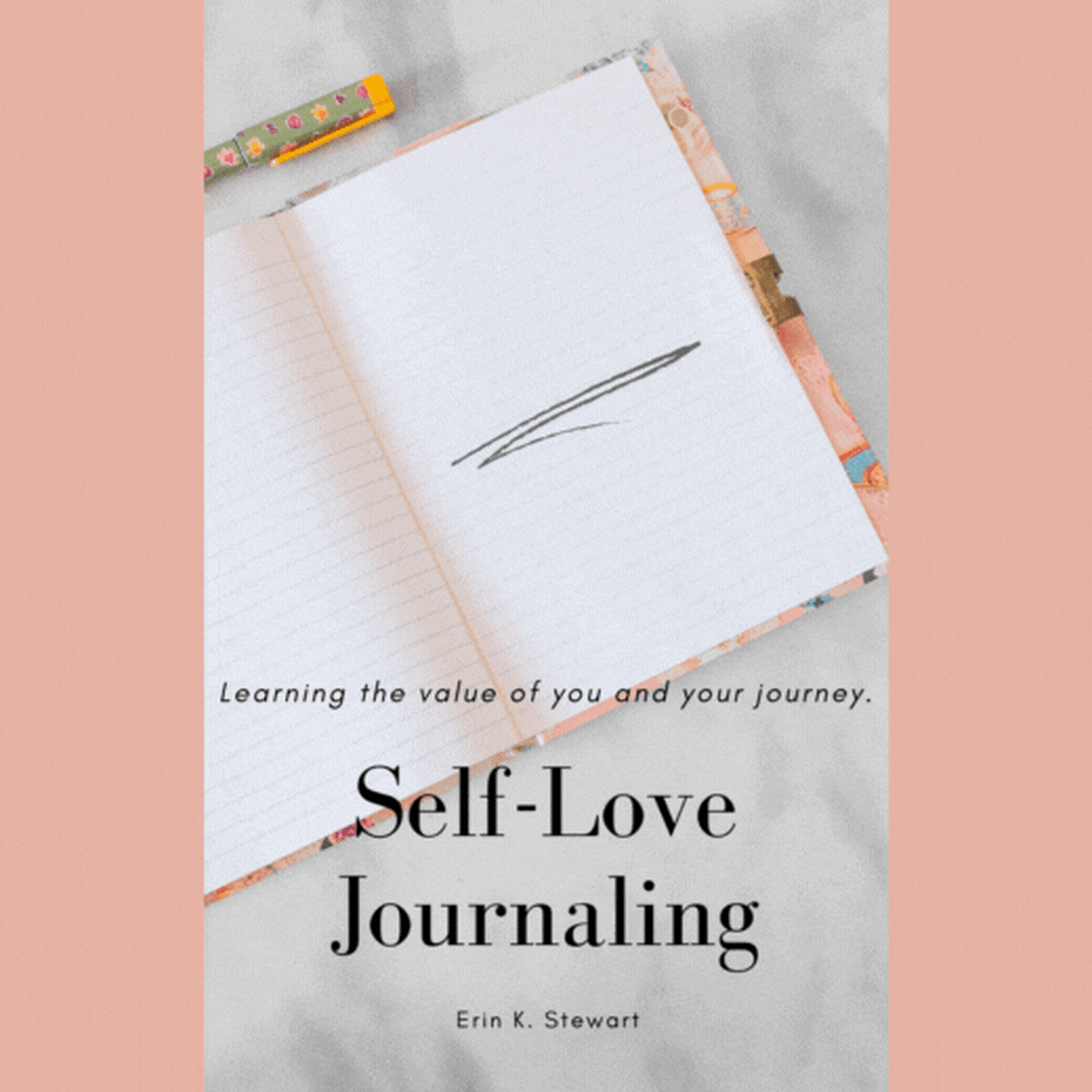9 Benefits of Daily Journaling for Writers
Introduction
Keeping a journal has been a practice that is known for a long time. Great people’s journals are revered as a valuable asset to mankind. Be it Marco Polo’s “Livre des Merveilles du Monde” (Book of the Marvels of the World) or Ludwig van Beethoven’s “Heiligenstadt Testament”, these journals are witnesses to the deepest and most intimate details of their writer. These journals helped the world to know these magnificent personalities from the close quarter. However, these journals had a different purpose for their writers. Some recorded their travel details, others tried to cope with their stress.
Journaling plays varied roles solely depending on the writer him/herself.
In modern times, when people are witnessed to put down their life on social media feed, journaling might seem irrelevant. Why do you need a notebook to keep track of your engagements when you have already uploaded its details on social media platforms with pictures?
Well, the answer is simple. Social media feed is for everyone to see, a journal is a private space where you pour down your real, raw, and volatile thoughts. Thoughts that are not to be seen by others but only you.

What is Journaling?
Journaling is the process of writing down your thoughts, ideas, feelings, and reactions in a notebook or diary on a daily basis. You can document events, incidents, or even memories in detail as well. This creates a record for you to look back in the future. You can go back to those journals and remember what you did or felt on a particular day. You might notice a change in your thought process or the way you react.
Let us discuss 9 Incredible Benefits of daily Journaling that will help you evolve as a fascinating writer. :
1. Keep Your Thoughts Organized
Daily journaling helps to organize your thoughts in one place. It is a process to track the stream of your thoughts. While you record your daily events, feelings, and thoughts, you create a database of your experiences. You register your opinions, assumption, impressions, judgment, reaction, and assessments that can easily be analyzed or simply revisited by you. This way, everything that concerns you stays sorted and organized.
2. Record Ideas
The best part of keeping a journal is that you can jot down your ideas, and thoughts anytime, anywhere. Just make sure to carry your journal with you all day. Whenever an idea strikes you, pen it down; be it the character trait, plot extension, or a story insight. This way you will never forget any idea. You can easily ponder upon the idea later at your leisure. You can work and elaborate on the ideas properly with intention. Even if you are not able to use the idea for the said write-up or story, you can always use them in your next project if need be.
3.Set and Achieve Goals
Journal is an effective place to write your aims, goals, aspirations, and ambitions. Whatever is your target needs to be in your journal. Now keep tracking them till it is achieved. Because they are written in your journal, you can revisit them regularly to keep your focus from deterring.
4. Find Your Purpose
When you feel lost, unmotivated, and disoriented with you or your life, journaling can help you find your purpose. It’s not just about setting goals, it’s beyond that. It's about asking yourself some question:
- “Why do I want to set this goal?”
- “What do I expect to achieve when I reach my goals?”
- “What is the purpose of pursuing this goal?”
- “What is the purpose of my life?”
If you know the answers, you are lucky. If you are stiller searching for the answer, then journaling your thoughts will help you find out your “purpose”.
5. Allow You Introspection
In this fast-paced life, you need some time for yourself; to catch up with you. The busy schedules, endless meetings, and excessive hours on phones have become a part and parcel of life. Moreover, with several responsibilities and duties to perform, it is not easy to prioritize yourself. Journaling helps you to take and step back and introspect your life. it gives you a short break where you can ponder what you did, how you did, and why you did? You can reflect on an alternative courses you could have taken and made it a point to adopt this alternative in the future. As a writer, this introspection can help be advantageous to your upcoming write-ups.
6. Boosts Memory
Studies show that information penned down purposefully is retained more than the ones kept simply in your minds. If you are inclined to learn something then you should preferably learn and write to increase your retention to almost 90%. Thus, when you journal your ideas your brain will make a strong connection with the information. It will be easier for you to remember the information in the future.
7. Promotes Creativity
Daily journaling is great was to let your creative juices flow freely. Writing on a daily basis can extract thoughts and ideas that you never existed within your brain. When you let your creativity flow freely, you will realize new thoughts are provoked, clarity on ideas are achieved and words get synchronized to form expressions on the paper (or screen). Don’t over-think, just write.
8. Relieves Stress
Journaling can work as a “brain-dump” if you suffer anxiety, depression, or stress. Write down all your frustrations, pains, self-doubts, concerns, and worries in your journal. This can give you an avenue or window to release and reduce your stress, which had accumulated over time. A consistent practice of daily journaling is a great stress buster. All you have to do is write down a few pages o a fixed time of your choice. Jot down every thought that strikes you. Good and bad, all your experiences and thoughts should be written in one go.
9. Improve Your Writing
On top of every other benefit of daily journaling is the one that will interest you the most as a writer- nurturing your writing skills. Journaling helps you to practice writing on a daily basis. You don’t have to search for topics in a journal. All you have to do is pen down every thought that comes to your mind with the best of your ability. As they are your thoughts, you don’t have to either research or sit idle for an hour to find a topic to write on. After a while, you will start noticing better organizing of thoughts in better-structured sentences.
Conclusion
Daily journaling is a deliberate process to improve the quality of your life. It’s your personal space where you express yourself unabashed. You don’t have to depend on others' validations or acceptance when you express your deepest secrets.
It helps you to grow as a writer. You are free to write your stories the way you want them to be. You have to think about other's inhibitions about it. Pour your heart out and feel relieved. It promotes self-expression in its truest form. You don't have to conceal your thought in fear of anybody.
With time this practice will help you to sketch characters, conflicts, and plot intricately. Your non-fiction write-ups will have more structure and clarity because your mind will be clear without any apprehension.
Embrace the practice of daily journaling and experience massive growth in you and your writing style.








